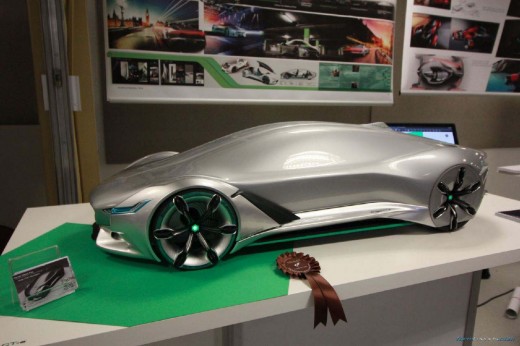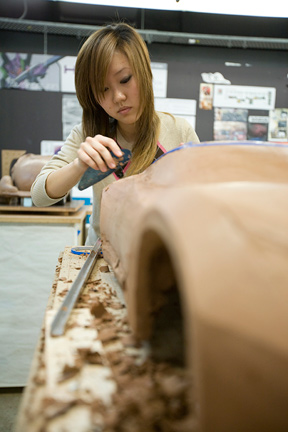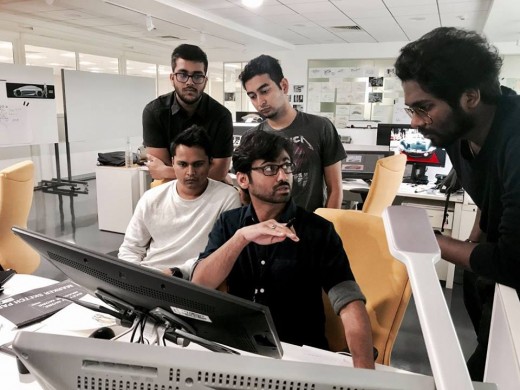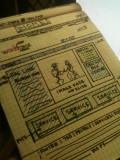What to Study to Become a Car Designer

Dear friends,
today I write some tips about Transportation Design courses. Every time I receive an email from you asking about Transportation Design courses I often am asked about Math and Mechanical Engineering, this type of questions come mostly from students in India or Middle east countries.
I am writing about car design courses to make it clear that in Transportation Design schools it is not a mandatory requirement to have knowledge about Mechanical Engineering or Math and the reason is simple: we study to become car designers not engineers!
I have tendency to believe that this type of thinking is related also to local culture, example: in Italy some 20 years ago (when I started to work) people thought that to be a car designer or an industrial designer you had to get an Architecture bachelor. So in India I believe the culture is still pushing in the Science environment to pass first by Engineering Universities before going to transportation Design courses.
In a precedent hub I explained why this is (for me) a mistake going against a normal car designer student career development. The disciplines are totally different, the time and age to get a job, the confusion about extremely technical knowledge that is not a priority when we start in car design.

What do we study in a car design school?
In general programs are very similar from school to school, but there are some activities that are a must for any kind of good design school program and they are:
- 4 fundamental steps: learn the basics of drawing, learn how to draw cars, learn how to make a project, Virtual reality including 3D modeling.
- learn about methodology and discipline ( what, how, timing )
- cultural knowledge like: design thinking, theory of structures, modeling, automobile history, benchmarking, marketing, portfolio, presentations...
I can understand when someone, coming from Engineering, thinks that in Car Design schools there is a lack of technical courses, at the same time the car designer job has its most important key points in: creativity, skills in 2D and 3D, project management and design thinking strategy.
Still today, after 22 years of career, I find engineers that still do not understand why (on a project) we have different priorities compared to them. They reason about weight,cost efficiency and timing & their Excels charts. We reason about design quality, timing, cost efficiency & our sketches.
This just to say that we understand technical aspects and hard points (it is on the field that we learn about technical issues) but we treat them to overcome problems using our creativity and problem solving design approach.
For this reason it is not mandatory to study Mechanical Engineering and Math to become car designers. Not at all. We learn how to use our talent at our best thanks to all creative tools available, developing projects understanding the hard points and finding alternative solutions to propose to our colleagues. We search always for another way possible. Our objective is to make the project without renouncing to our good design quality, therefore we look for solutions that are compatible with the project expectations and are respectful of our requested design.
The synthesis
I can write designers are the synthesis for any project, because they have a mental global approach to problem solving. Designers, because of their nature, must see the all picture and not just a part of it Vs engineers, because of their work organization and objectives, they see and are concentrate only on a specific part of the same project.
This ability in making the synthesis gives to designers an important role on a project, a larger vision to complete the work with the team.
Designers at Work

© 2011 Luciano Bove





